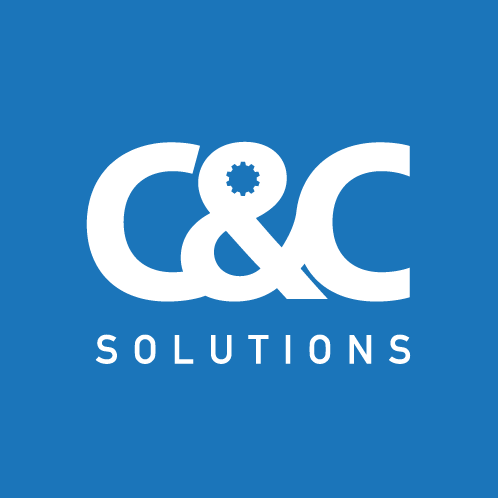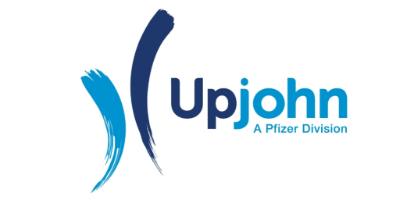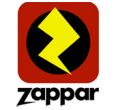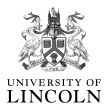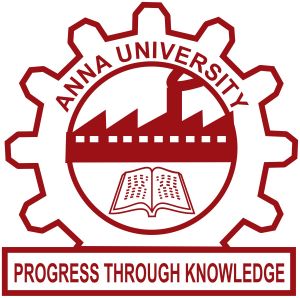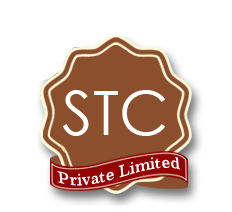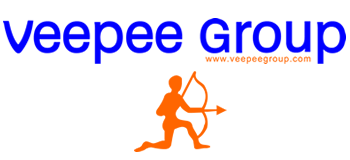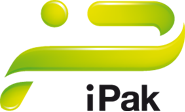Strong support for HolyGrail 2030 as 2.0 project ends with successful trials completed | 15-07-2025 |
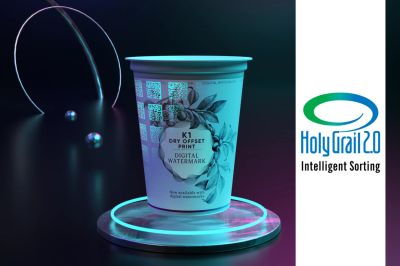
The HolyGrail 2.0 plastics sorting and recovery project achieved Technology Readiness Level 9 (TRL9), making the watermarks ready for market according to the consortium members. It entailed 3 testing stages. In Phase 3 PET non-food bottles, rigid PP, PP films, rigid PE and PET trays, enhanced with digital watermarks by the participating brand owners and retailers, were placed in the German and Danish market for consumer use, disposal and collection.
Over 100 days, high volumes of materials were sorted:, achieving detection rates of nearly 56,000 detections per day with total detections at 5.66 million from unique SKU’s numbering 5,949, with a detection efficiency between 87.9 - 93.8%. This trial concluded in March 2025.
The trials confirmed digital watermarks help to accurately sort post-consumer rigid household packaging, achieving ~90% sorting efficiency even under challenging real-world conditions and single-pass sorting.
Next up is HolyGrail2030 which aims to prove the economic viability of smart sorting and reprocessing into high-quality recyclates. Over the next 2 years regional landing strips will implement the technology at an industrial scale. The Belgian landing strip will handle flexible PP, the German land strip will cover rigid PP packaging.
The next phase is now led by Mondel?z International as Chair, and supported by PepsiCo, Amcor, Borealis, EXPRA, MCC Global IML, Plastics Recyclers Europe (represented by PureCycle), and Sun Chemical.
HolyGrail2030 participants will challenge the business model to prove that via intelligent sorting extra value can be achieved and drive a circular economy. This data should allow to create more interest and have a fast ramp up towards 2030. As HolyGrail2030 is technology agnostic, the working groups keep looking and testing alternative technologies for intelligent sorting - including AI and other types of digital watermarks
By January 2030, the PPWR’s requirements regarding recycled content in plastic packaging will go into force. By estimation, 300 Kton of contact-sensitive rPP is/will be needed to meet these demands (excl. rPP needed for non-contact sensitive applications). Intelligent sorting and feedstock control are crucial to bridge this gap, with mechanical recycling offering a promising solution to achieve high volumes of contact-sensitive rPP in an affordable way.
Participants in both HolyGrail projects are offering strong endorsement of the technology:
Philip Knapen, marketing manager rigid packaging at Borealis said, "Mechanical recycling prevents valuable resources from being incinerated and significantly reduces our carbon footprint. A digital solution is essential to enhance the quality and quantity of recycled feedstock, and digital watermarks are currently the best fit for this purpose, potentially supporting EFSA approvals in the future. Additionally, a digital passport avoids difficult-to-recycle plastics ending up in incineration.?Chemical recycling can complement mechanical recycling. Detailed information on the feedstock source is crucial for increasing the yield of pyrolysis production."
“Borealis supports the Holy Grail initiative because we believe it will significantly boost the amount of recycled plastics, which is essential to meet the 2030 PPWR requirements for both contact and non-contact polyolefins,” he said
Arla Foods chose to join HolyGrail at an early stage and has been instrumental in the project rollout. Grane Maaløe, sustainable packaging lead specialist at Arla Foods explains "A few competing technologies are evolving in parallel with digital watermarks, among them AI-powered image recognition. This might seem very easy and hence appealing, but the HolyGrail based sorting is the only solution that can provide us with a proven SKU-based bill of material on the feedstock. The bill of material makes the sorting very accurate and enables contact-sensitive rPP production.?We hope that the next project phase can reach a critical mass to create real traction in the recycling market."
"Advanced sorting technologies, such as digital watermarking, can separate plastic packaging accurately and transform it into higher value secondary base material. This increases the economic viability of the recycled material and represents a unique opportunity for the industry to work together towards creating a more circular future within the EU," says Richard Akkermans, European R&D packaging and sustainability manager at Mondelez.
MORE AT AIPIA/AWA SMART LABELING SEMINAR BARCELONA









